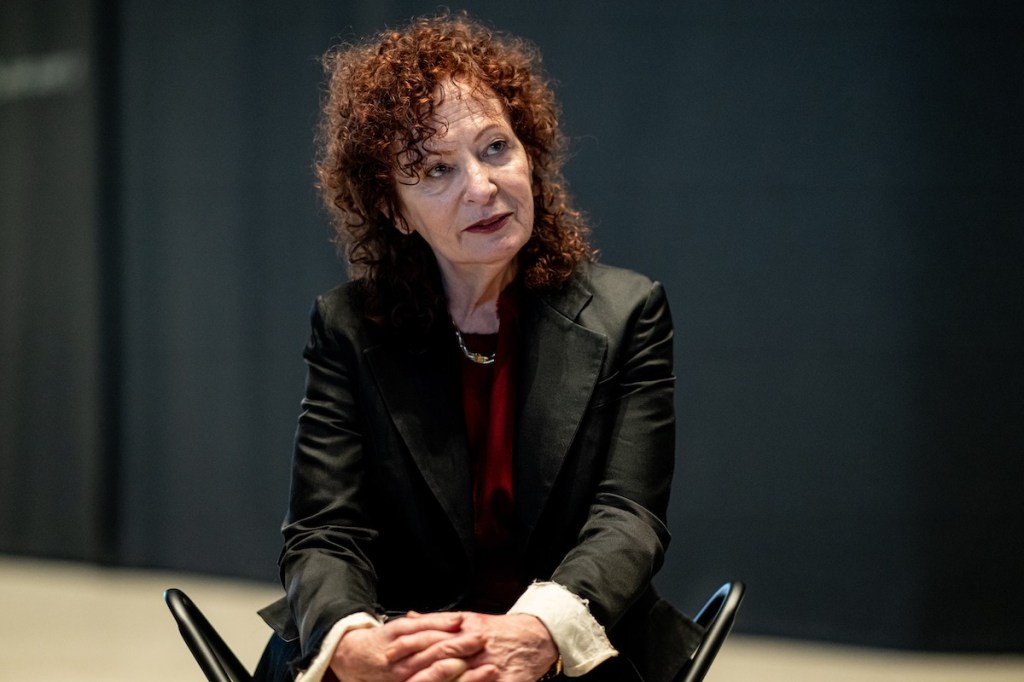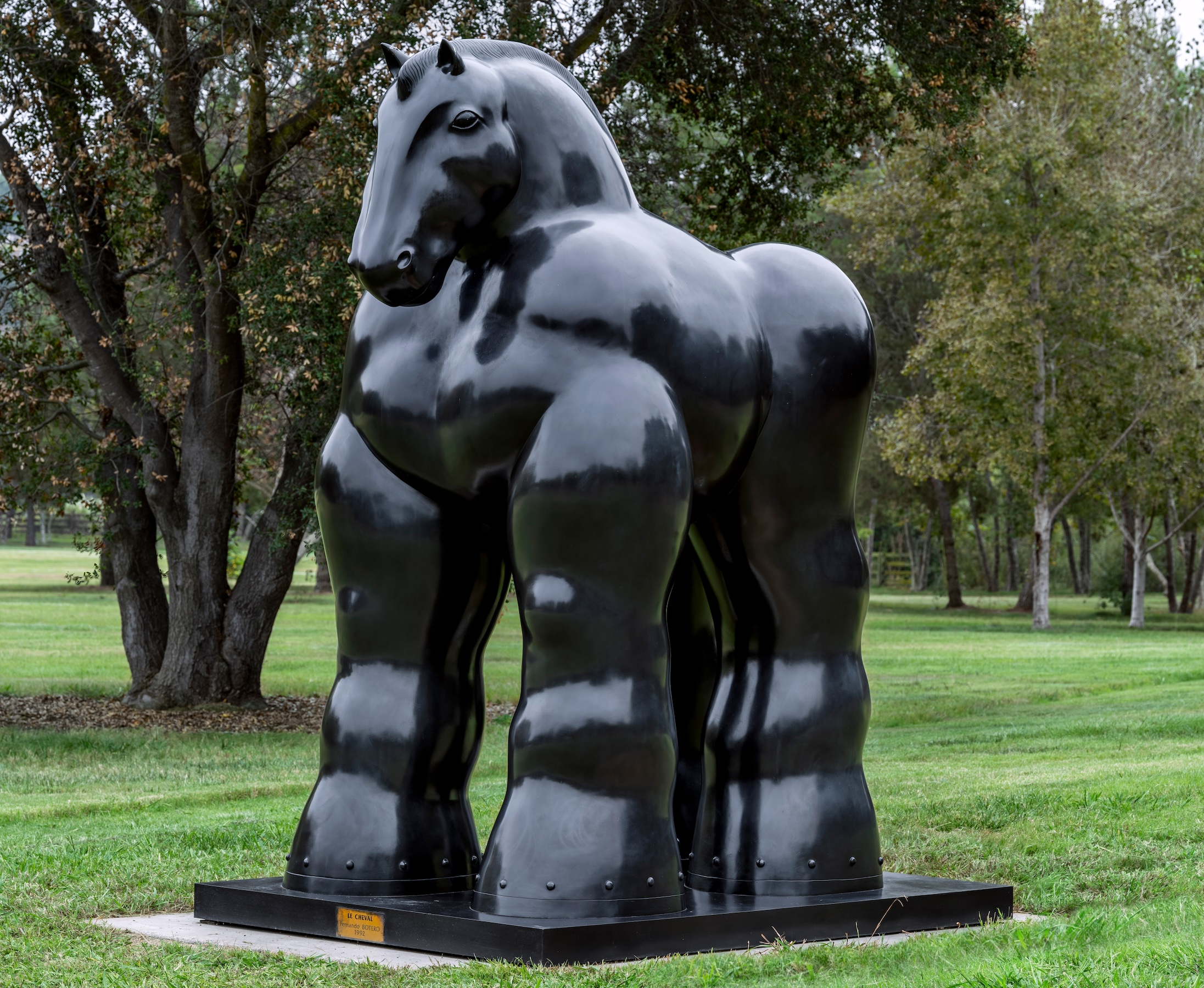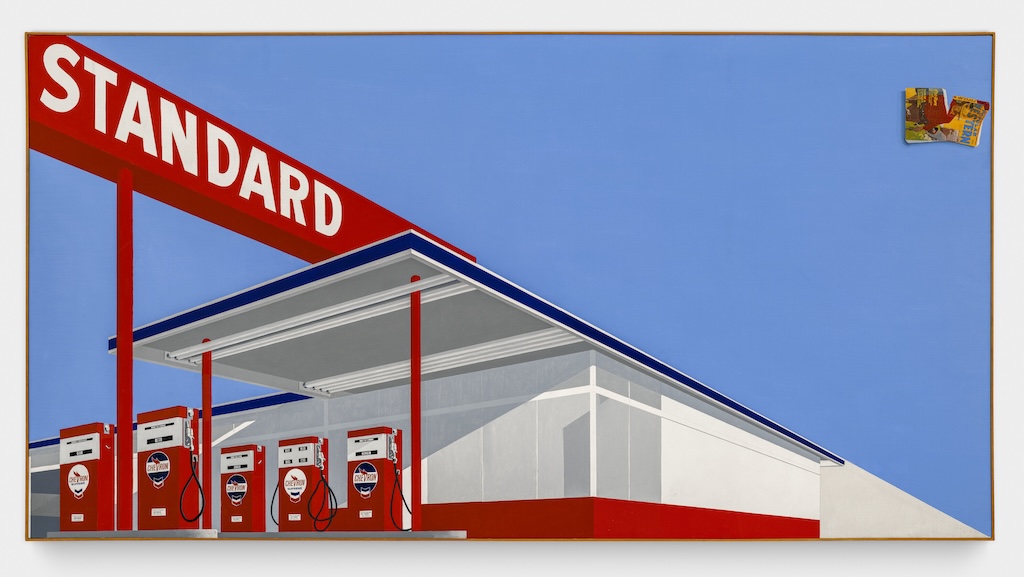While never directly articulated, that question seems to run through the inner monologues of the two protagonists in “Beef,” Amy Lau (Ali Wong) and Danny Cho (Steven Yeun), powering them as they go from being two strangers involved in a road rage incident to sworn enemies. Over the course of the 10-episode Netflix series, the two find new and increasingly risky ways to escalate their feud, like two fighters going back into the ring for another round, and then another, and another.
At first, it’s kind of thrilling to watch them, for instance, shout profanity-laden rants to each other on the phone. It’s unusual to see two Asian characters on screen get to publicly and messily display their rage. As Asians, many of us are stereotyped as meek and mild-mannered, and conditioned to accommodate, to hold back and not rock the boat too much. Instead of raising our voices and causing a scene, we’re often taught to remain stoic and not express our anger.
Both Amy and Danny initially seem to get a perverse thrill from plotting out their next move to antagonize the other person. Created by Lee Sung Jin, produced by A24 and premiering Thursday on Netflix, the show starts to fill out the world of these two characters after the initial road rage incident, revealing deeper and darker sources of their quest for revenge. Each becomes too singularly focused on escalating the feud to admit they should stop. And while on the surface, they have vastly different lives, it becomes another form of something both of them have spent a lifetime doing: striving to “make it” and reach some kind of fulfillment, when it’s unclear what exactly it’s all even for.
Materially, Danny has more to lose, as someone who has already lost a lot. Growing up in a working-class Korean American family, his immigrant parents ran and then lost their motel business, and his cousin Isaac (David Choe) went to prison for dealing drugs. As the oldest son, Danny feels saddled with an immense burden. He’s looking out (perhaps too much) for his younger brother, Paul (Young Mazino), and cobbling together work as a contractor, while dreaming of earning enough money to build his parents a house.
So looking at Amy’s seemingly perfect life, Danny seethes with anger. What could she possibly have to lose, and why won’t she let this incident go? On the outside, she seems to have everything. A successful entrepreneur, she lives in a modern, palatial, custom-designed home with her supportive husband, George (Joseph Lee), and her young daughter, June (Remy Holt).
But both Danny and Amy are cracking under the enormous amount of pressure to provide for their families and to keep working. And as both of them approach middle age, they wonder: What do I have to show for it? Is this constant striving worth it? Does it ever end?

Amy thinks she might be, at long last, approaching the top of the mountain. Having made it as the founder of an Instagrammable plant boutique, Kōyōhaus, she’s about to close a deal to sell her company to a big-box store chain, owned by the ludicrously rich Jordan Forster (Maria Bello). Cashing out will mean she can finally stop working around the clock and get to slow down and be a present parent.
But Jordan, the kind of well-meaning but entitled white lady (who, for example, seems to fetishize Asian cultures), is delaying the deal. She keeps making Amy jump through various hoops, at the expense of Amy’s time with her family. Amy befriends Jordan’s sister-in-law, Naomi (Ashley Park), who, as it turns out, has her own tricks up her sleeve. Meanwhile, the road rage incident looms in the background, leaving Amy in a constant state of anxiety, as the different worlds she has tried to keep compartmentalized threaten to collide.
From Danny’s vantage point, she may not have anything material to lose. But for her, there’s the fear that the stability she’s worked hard to create could go away in an instant. For both of them, escalating their feud is a release valve for this pressure. But then, with every new round of upping the ante, it fuels more pressure, continuing the cycle of striving.

However fresh and bold “Beef” is, the show does start to feel repetitive and cyclical after a few too many rounds of Danny and Amy antagonizing each other, like a fighter not knowing when to throw in the towel. There are a few too many detours and side characters introduced along the way. And without getting into spoiler territory, the inevitable grand finale of the feud — when it finally happens — feels too drawn out and abstract. That denouement departs a bit too much from the vibe of the rest of the series.
Each of the show’s 10 episodes generally clock in around 30 or 40 minutes. It’s admittedly a cliché to say a short series like this could have been a movie. But here, it applies. It’s not hard to imagine a version of “Beef” as a tight, two-hour thriller, keeping a moviegoer on the edge of their seat. There’s that same wondering what Amy or Danny will do next, without the slower stretches contained in the show’s middle episodes.
Even the structure of the series itself brings up a version of that question: What is it all for? What is this feud for? The show doesn’t cast judgment on why Danny and Amy keep at it, just as it doesn’t cast judgment on why they keep striving. They’re doing what they need to do to survive, and striving toward something is all they know how to do. It’s what their immigrant parents did their whole lives, and it’s what being stuck in capitalism’s rat race conditions them, and all of us (unless you were born into wealth), to do.
In one episode, Danny stops to ask Amy a version of that question, in a rare moment of introspection between the two. “I just want to know if you’re, like, I don’t know, happy and shit. All your hard work paid off, right? You’re fulfilled?”
“Why do you care?” Amy says.
“I just want to know if I’ve gotta get to where you are,” Danny says.
Amy’s answer invokes the cyclical nature of the never-ending rat race they — and we — are chasing.
“Everything fades. Nothing lasts,” she says. “We’re just a snake eating its own tail.”
“Beef” premieres Thursday on Netflix.










